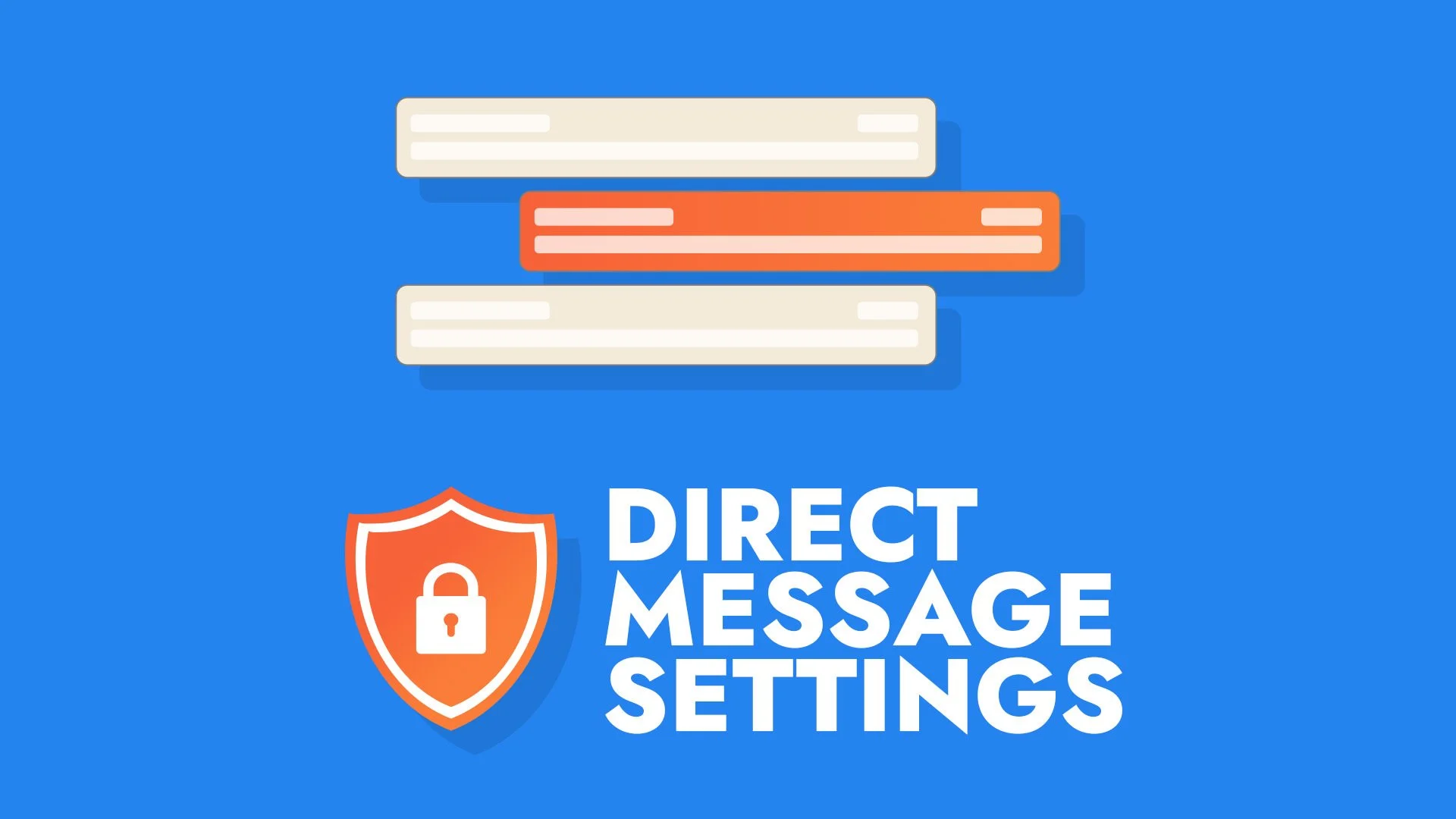The National Center for Missing and Exploited Children (NCMEC) recently released its 2024 CyberTipline Report. NCMEC is a non-profit organization that works with law enforcement, corporations, families, victims, and the public to deter and combat child sexual exploitation, among other things. It’s also where companies based in the US report incidents of online child sexual abuse and exploitation that they become aware of.
Last year, NCMEC received 20.5 million reports of suspected child sexual exploitation from companies and the public. Notably, reports of online enticement continued to rise, with an increase in boys being targeted through financial sextortion. The scale of online child sexual exploitation is shocking and underlines the importance of our continued efforts to find, remove, and report this behavior to law enforcement.
Rec Room joined NCMEC in 2023, and since then, we’ve been relentlessly focused on combating child exploitation. We’ve improved our team operations, developed new tech, and forged partnerships with other organizations to help tackle this global problem.
When we identify potential child safety concerns in Rec Room, our dedicated Trust & Safety team conducts a thorough investigation. Subject to their investigation, we report cybertips to NCMEC and work with local and international law enforcement as they investigate. By strengthening our team operations and technology, we’ve become more effective at identifying bad actors, leading to a 4x increase in reports in 2024.
We develop and use technology to help us in this fight. That includes tried-and-tested tech, like photo-matching to identify known child exploitation images, and cutting-edge tools that we’re building that triage signals and language flags to help us identify accounts that may be engaging in inappropriate interactions with our players.
Earlier this year, Rec Room joined the Tech Coalition, a global organization of technology companies committed to addressing online child sexual exploitation and abuse. This coalition of safety experts in organizations worldwide is working together to share valuable information and resources to help each other target online harms against children, breaking the typical barriers between companies to promote a safer online world.
We want Rec Room to be a place where everyone can safely create and socialize. We take pride in the work our child safety team is doing and the tools we have built to assist with this mission. If you come across something concerning, you can report via our in-game reporting tools or send us a Zendesk ticket. We automatically prioritize reports related to child safety harms, quickly investigating and taking action if needed.
We are grateful to our partners in law enforcement and the child safety experts we work with for their continued collaboration in promoting online safety. If you are a parent and would like to learn more about the safety features that Rec Room has to offer, please see our Guide to Rec Room for Parents & Families.







